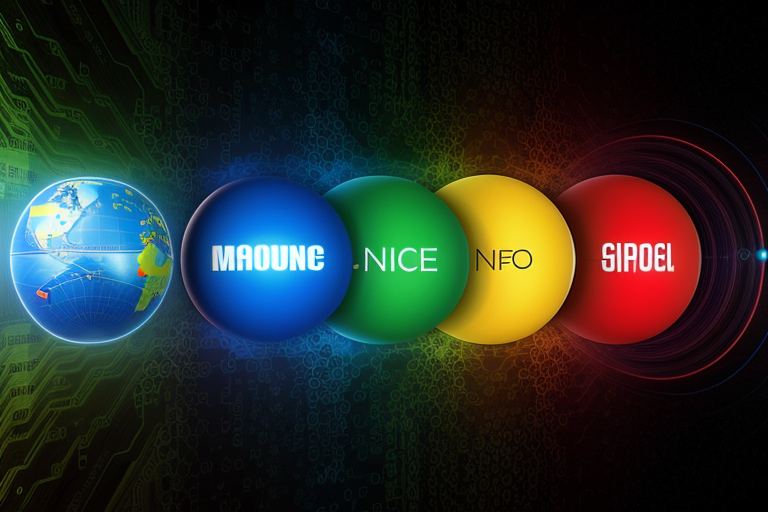Machine translation for website content may not be as reliable as it seems, according to experts and representatives from Google. This raises concerns about websites that rely solely on AI translation tools, leading to articles abruptly changing languages and confusing readers.
Renowned SEO expert Glenn Gabe recently shared his experience with unrelated AI translation issues, where articles would unexpectedly switch languages. This raises concerns about the accuracy and dependability of machine translation. Gabe’s observations were supported by Google’s Gary Illyes, who confirmed that the search engine giant does not want machine-translated content to be indexed.
Google’s John Mueller expressed skepticism about using AI for translation, comparing it to traditional machine translation. Mueller’s remarks highlight the risks of relying solely on automated translation tools, as they may not capture nuances and context accurately.
Former Google spam fighter Matt Cutts addressed the issue in a video, emphasizing the importance of adhering to Google’s webmaster guidelines, which discourage the use of machine translation. Cutts stressed the need for human validation and professional translation services to ensure accurate and reliable content.
International SEO expert Aleyda Solis echoed these sentiments, advising against using AI for translation without validation from native translators. Solis emphasized the significance of maintaining content quality and integrity when targeting multiple languages.
A poll revealed that over 60% of surveyed SEO professionals would avoid using AI to translate their websites into multiple languages. This shows a growing awareness among website owners and SEO experts about the risks of relying solely on machine translation.
The use of popular AI translation tools, like Google Translate, can impact a website’s visibility on search engines. Google has explicitly stated that machine translation tools may prevent content from being indexed. This warning underscores the potential consequences of relying solely on AI for translation.
Website owners and marketers should carefully consider the implications of using AI for translation. While AI technology has advanced, it still struggles with capturing language intricacies and cultural context. Machine translation tools often struggle with idiomatic expressions, cultural nuances, and industry-specific terms, resulting in inaccuracies that could harm a website’s reputation.
To ensure accurate and reliable translations, experts recommend engaging professional human translators with linguistic and cultural knowledge. While AI can be a starting point, it should be complemented by human validation and editing for high-quality content.
Website owners should prioritize user experience in translation. Abrupt language switches can confuse and frustrate readers, potentially driving them away. Seamless and natural translations are vital to maintaining engagement and trust with international audiences.
In conclusion, recent warnings from experts and Google shed light on the risks of relying solely on AI for website translation. While AI technology continues to evolve, it is not yet foolproof. Website owners should heed professional advice and adhere to Google’s guidelines for high-quality translations and user experiences. By prioritizing human validation and professional translation services, credibility can be maintained, and pitfalls associated with machine translation can be avoided.











